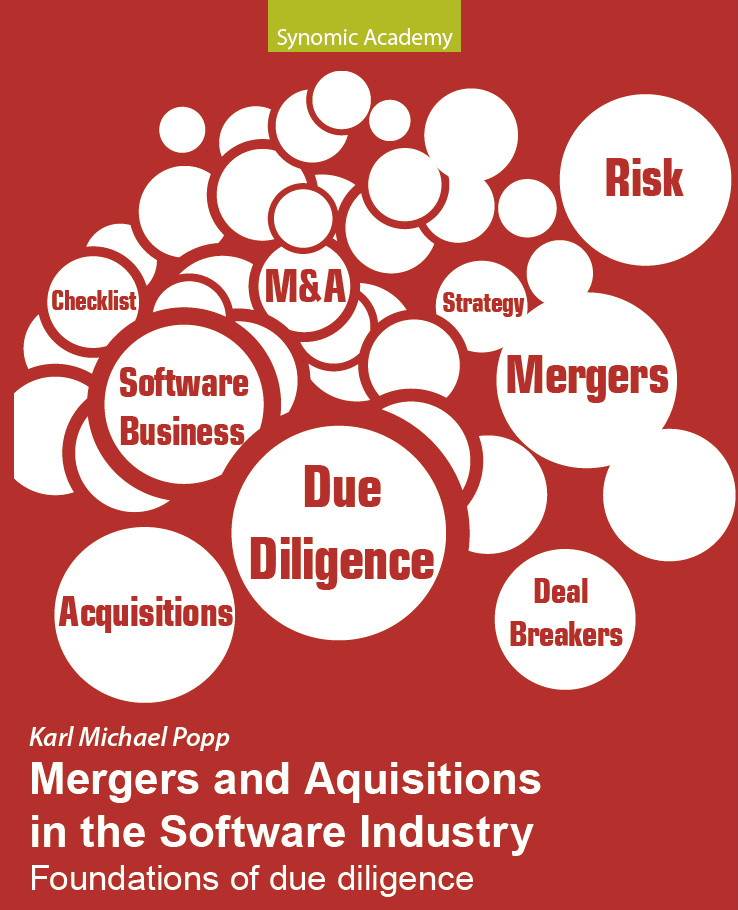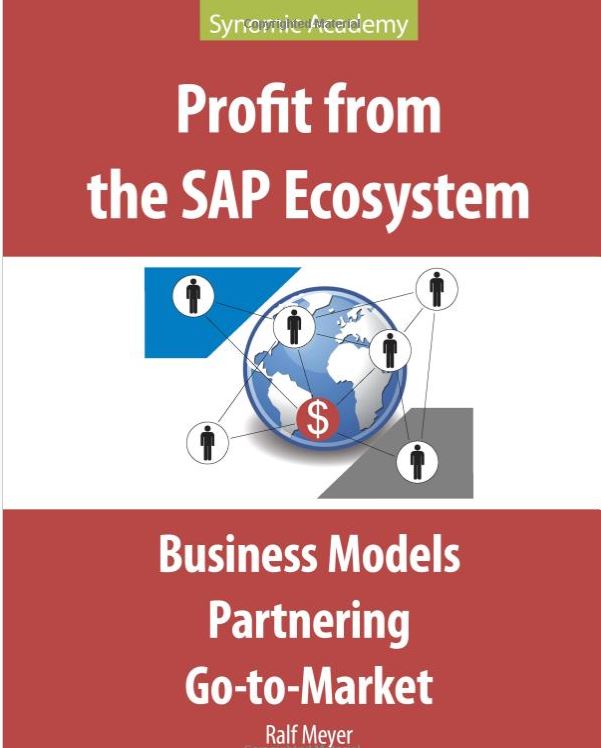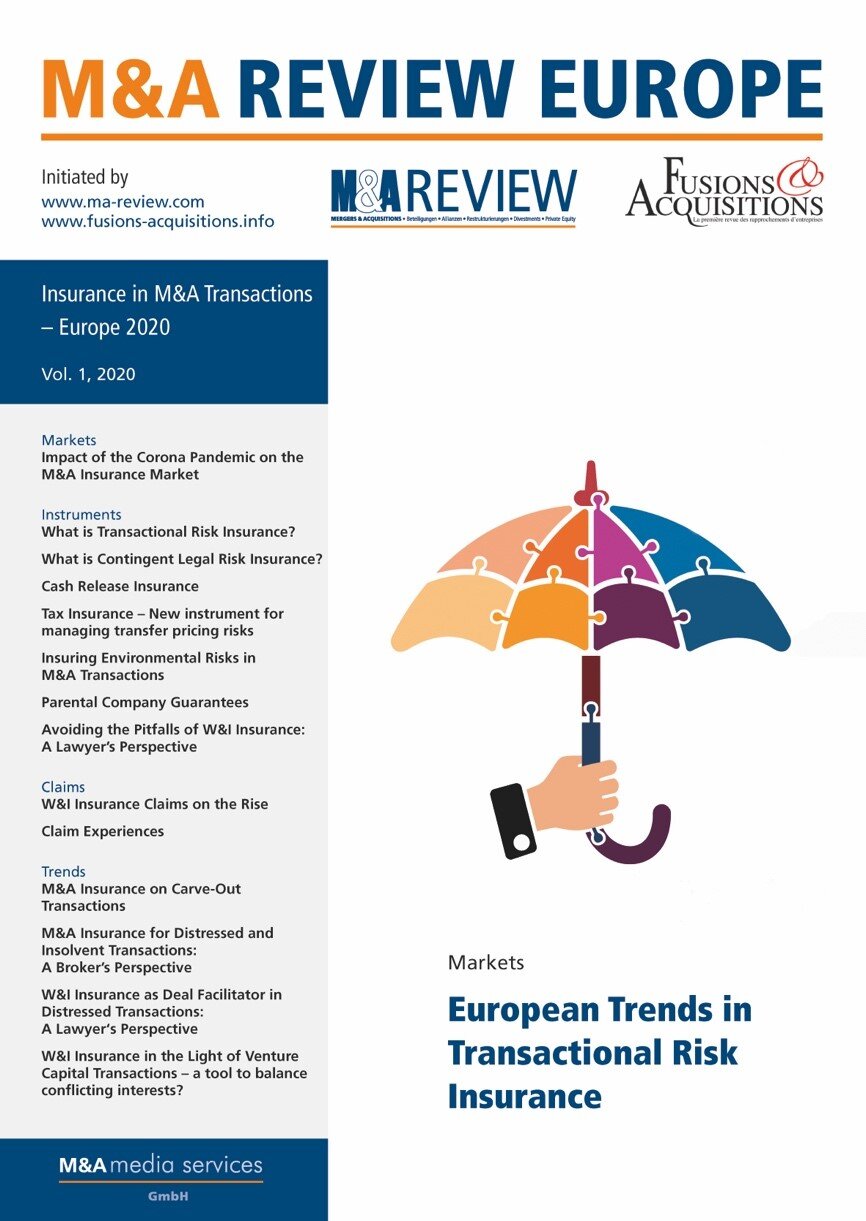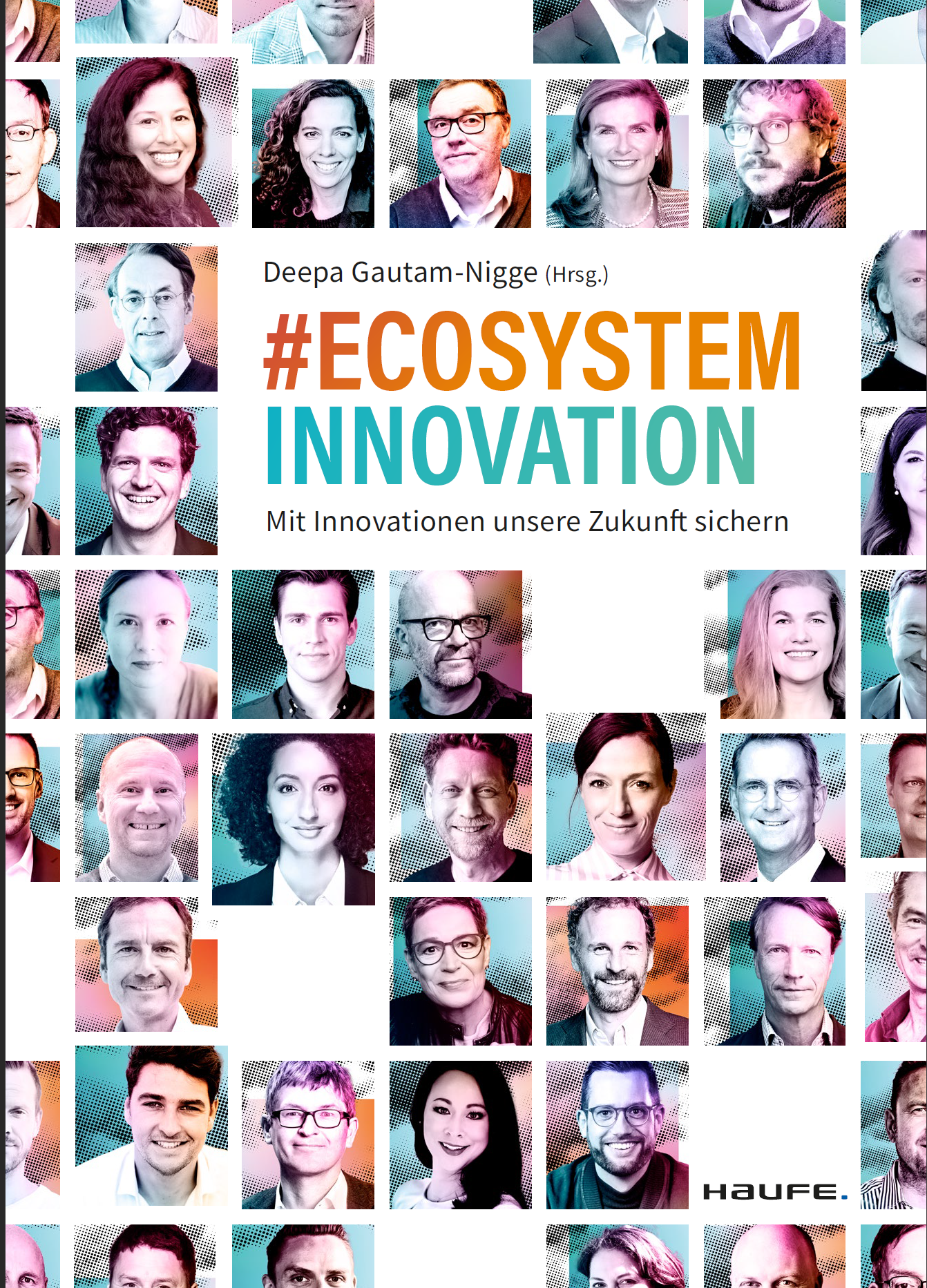Augmenting data and expert knowledge to drive better decisions
This blog is in the Top 25 M&A blogs worldwide according to Feedspot
In today's data-driven world, making informed decisions is crucial for success. However, the sheer volume of data can be overwhelming, and it's often challenging to extract meaningful insights. This is where the concept of augmenting data with expert knowledge comes into play. By combining the power of data with the wisdom of experienced professionals, organizations can significantly enhance their decision-making processes.
Augmenting data involves enriching existing datasets with supplementary information to provide a more comprehensive view of the subject at hand. This can include incorporating external sources, such as industry reports, market trends, or academic research, to contextualize and validate the internal data collected by a company. By doing so, decision-makers can gain a deeper understanding of the factors influencing their choices and potentially uncover new opportunities or risks.
Moreover, integrating expert knowledge into the decision-making process can provide invaluable insights that might not be evident from data alone. Subject matter experts bring years of experience, nuanced perspectives, and intuitive understanding to the table, offering a qualitative dimension that supplements the quantitative nature of data. Whether it's a seasoned industry veteran or a niche specialist, their input can illuminate blind spots, challenge assumptions, and guide decision-makers towards more well-rounded and informed choices.
By fusing data augmentation with expert knowledge, organizations can unlock a powerful synergy that transcends the limitations of each approach in isolation. This collaborative approach not only strengthens the quality of decision-making but also fosters a culture of continuous learning and improvement within the organization. Furthermore, it promotes cross-functional collaboration, as data analysts, business experts, and technology professionals work together to harness the full potential of available information and expertise.
In conclusion, the amalgamation of data and expert knowledge represents a potent tool for driving better decisions in today's complex business landscape. By embracing this approach, organizations can gain a competitive edge, mitigate risks, and seize new opportunities with confidence. This combination serves as a testament to the crucial role that both quantitative and qualitative insights play in shaping the future of decision-making.









